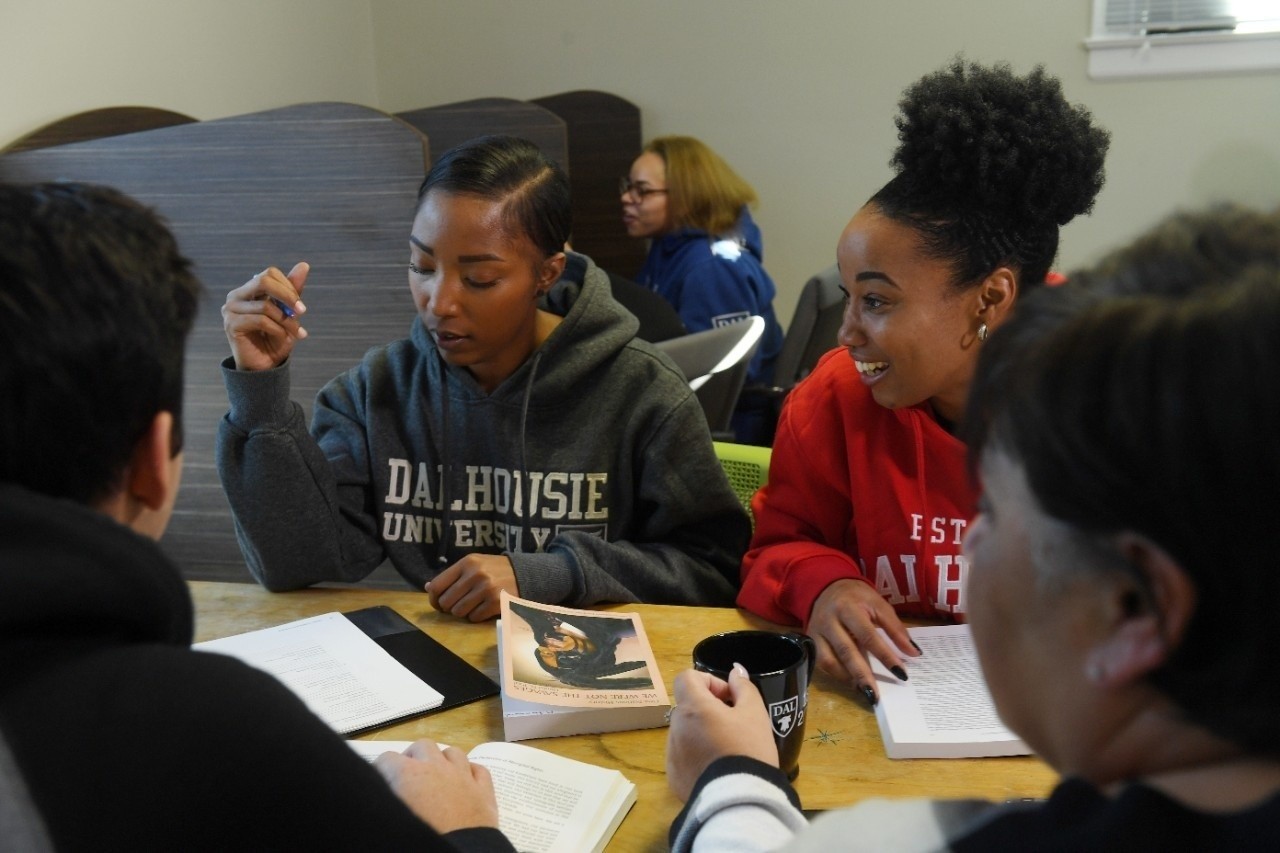Unlock your potential with Dalhousie University’s Faculty of Open Learning & Career Development.
Advance your career, explore a new path, or prepare for university — all through flexible programs built for real life.
By the numbers
6,000+
learners enrolling in our courses each year
200+
courses that can be taken individually or as part of a certificate
150+
instructors and experts delivering applied, industry-relevant training
100+
employers sending staff for professional training
Learning
Our courses and certificates let you build skills, explore new directions, or prepare for university — often without an application. Learn from industry professionals and apply your new knowledge right away.














